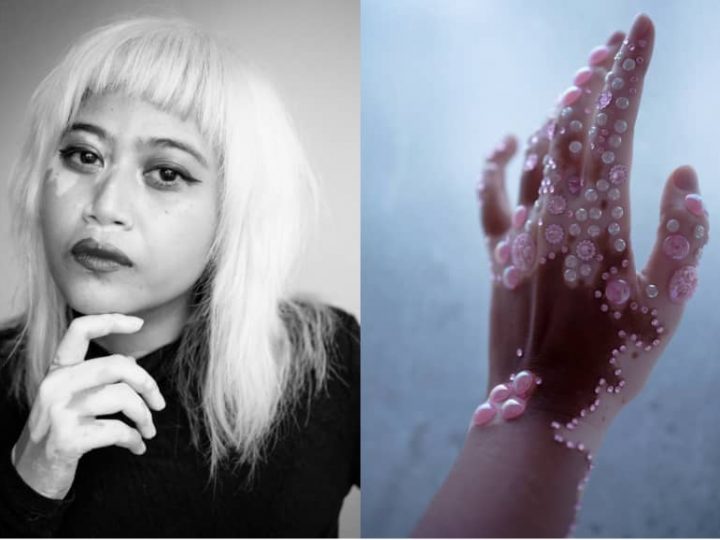Beneath Our Skin: My True Story Of Friendship, Acceptance, And Hereditary Eczema
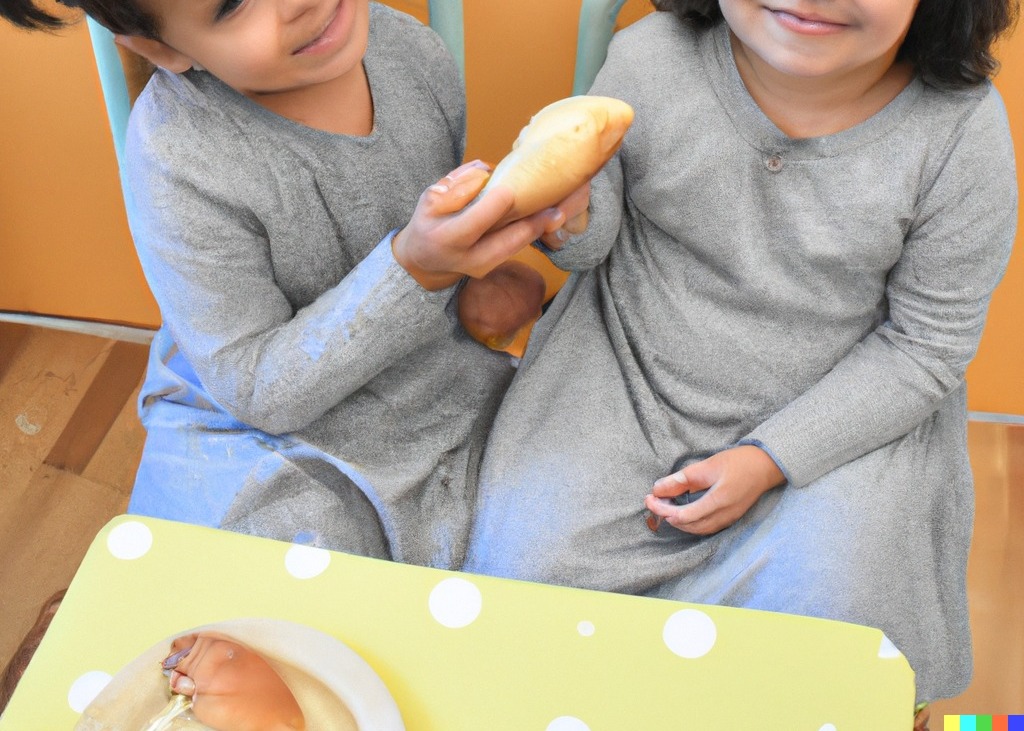 Thirsty for JUICE content? Quench your cravings on our Instagram, TikTok and WhatsApp
Thirsty for JUICE content? Quench your cravings on our Instagram, TikTok and WhatsApp
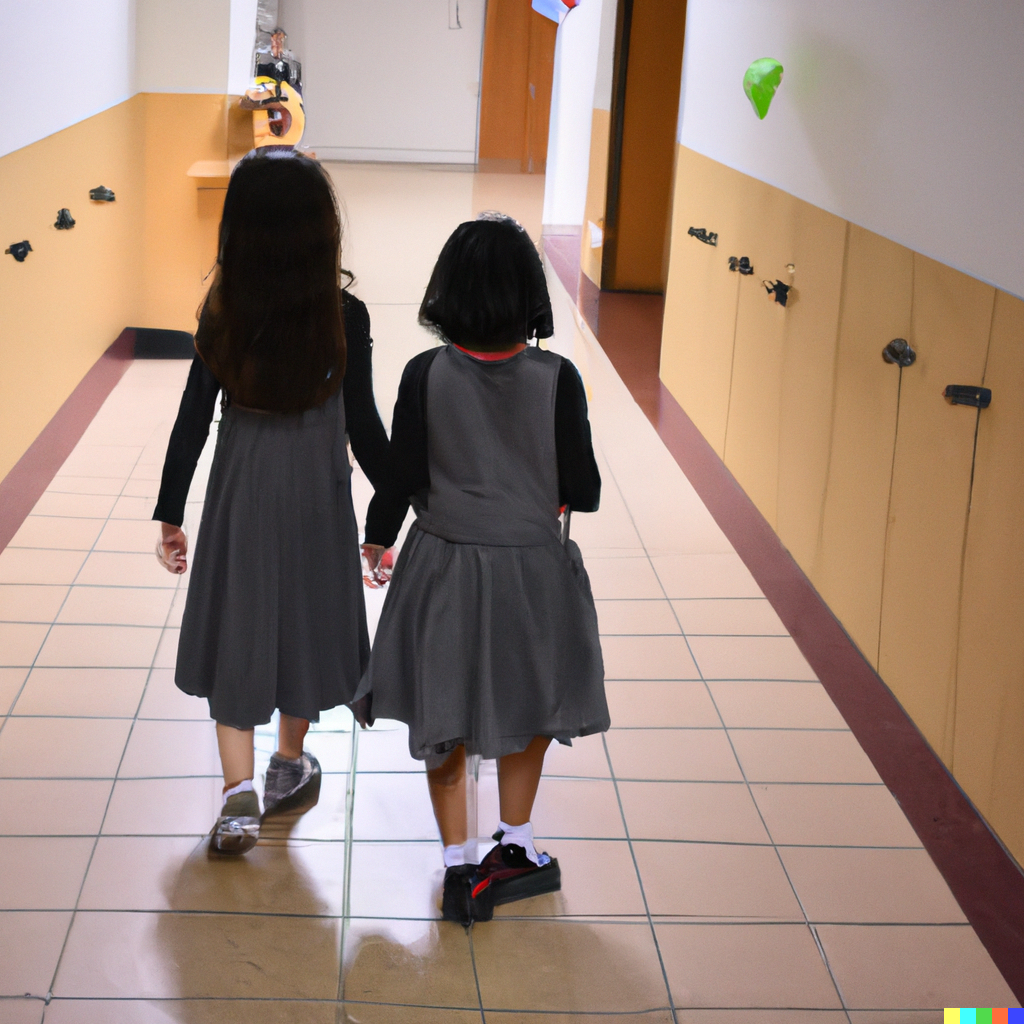
There is a thread that weaves a story of friendship – a bond that was established with an uncomplicated act of assistance – in the fabric of my early memories as a kindergartener. We first became acquainted while she was having trouble fastening the top buttons on her uniform dress. Her name was Sharon, and I was delighted to offer my help as I had just recently learnt how to fix my own buttons, and was eager to flaunt my new skill.
She simply gave me a faint smile, one that I would become all too familiar with over the next few weeks as we stepped into the scary and novel tadika world as newfound best friends.
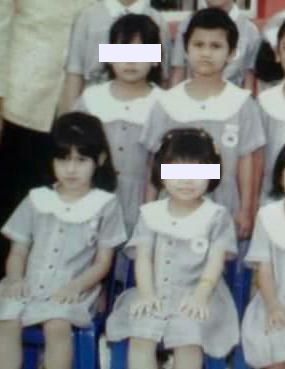
Although our days were packed with laughter and shared experiences, there existed a minor barrier between us that distinguished our connection. While other girls walked hand-in-hand during lunch breaks, Sharon seemed to avoid making physical contact with me. At the age of five, I didn’t dwell on it much until I found her in tears one morning, her frustration etched upon her face.
Curiosity and concern led me to ask what had happened, hoping to offer solace. It was then that Sharon held out her palms, revealing cracked, bleeding, flaking skin. She tearfully explained that hereditary eczema plagued her entire body, but her hands suffered the most. Our teacher noticed our hushed conversation and promptly sent Sharon home due to the unbearable itch.
Two days later, Sharon returned to school, carrying the weight of her condition. In an act of vulnerability, I rolled up the sleeve of the thin white sweater I wore over my uniform constantly, revealing the scarred, dry skin on my own arms – the result of inherited eczema from my father’s side of the family. It was a secret I had kept hidden from our peers, but in that moment, it felt only right to share it with Sharon.
This was enough to seal our friendship for what I believe will last a lifetime.
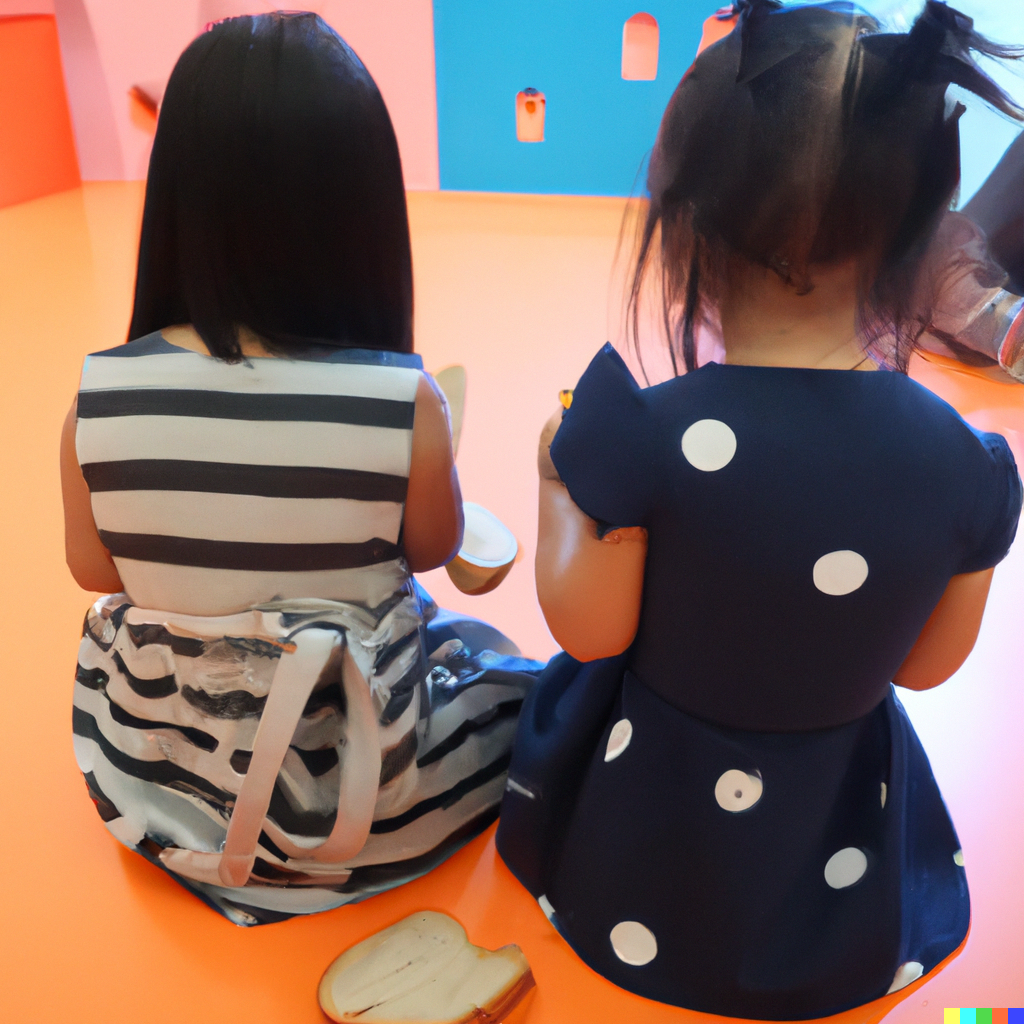
Our skin condition turned from a burden to something that was almost an item of joy, like sharing a hairstyle or favourite colour with another person. On some days, we’d even find similar-shaped scars on each other’s bodies and burst into laughter.
At that age, we had no idea just how rare and precious this solitude was, but our parents sure appreciated it. I remember my mother turned emotional when I told her I was ready to give up my white sweater, and no longer cared who would notice or mock my scars.
Of course, upon hearing of our union, our parents also made the effort to get to know one another – once even exchanging medical advice and certain hacks or tricks that had worked to improve our condition.
Sharon’s doctor, in an effort to alleviate her relentless itch, prescribed a strict diet that left her with limited options for her daily packed lunch. Bread, a safe choice that posed minimal risk of triggering her condition, became our shared sustenance. Soon, some of our compassionate female classmates joined in, forming friendships with us without hesitation.
Yet, not everyone extended such kindness. We faced difficult days, when exclusion from games and the hesitant distance kept by other children who were only “fake-friending” us served as painful reminders of our differences. The tormenting itch occasionally overpowered us, leaving our fingers and elbows bloodied – a stark and harrowing testament to the true horrors of our condition.
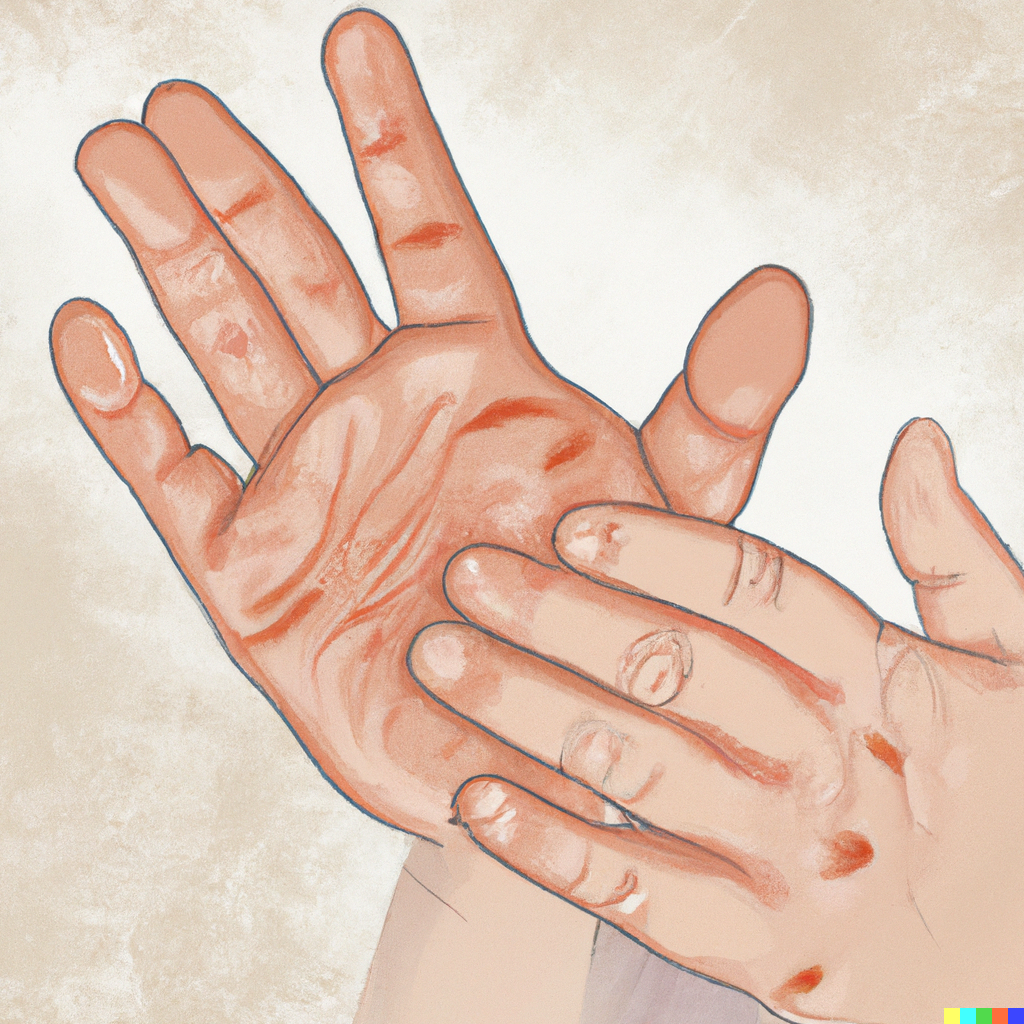
Our teacher made an effort to educate the other students on our condition and ensure that we were treated equally, but we knew that a big part of navigating the ebb and flow of acceptance, was first accepting our differences for ourselves.
Owing to our solitude, I believe we actually managed to find sufficient comfort in one another, refusing to let the appearance of our skin define us. Funnily enough, this inspired a strange ‘trend’ amongst our classmates, and some of them would proudly come up to us exhibiting a scab, as if seeking our approval or validation!
After kindergarten, time passed, and fortunately so did the implications of our skin condition. We went our “separate ways” when I moved houses in primary school, which we also attended together – but are thankfully still bound by the wonders of Instagram.
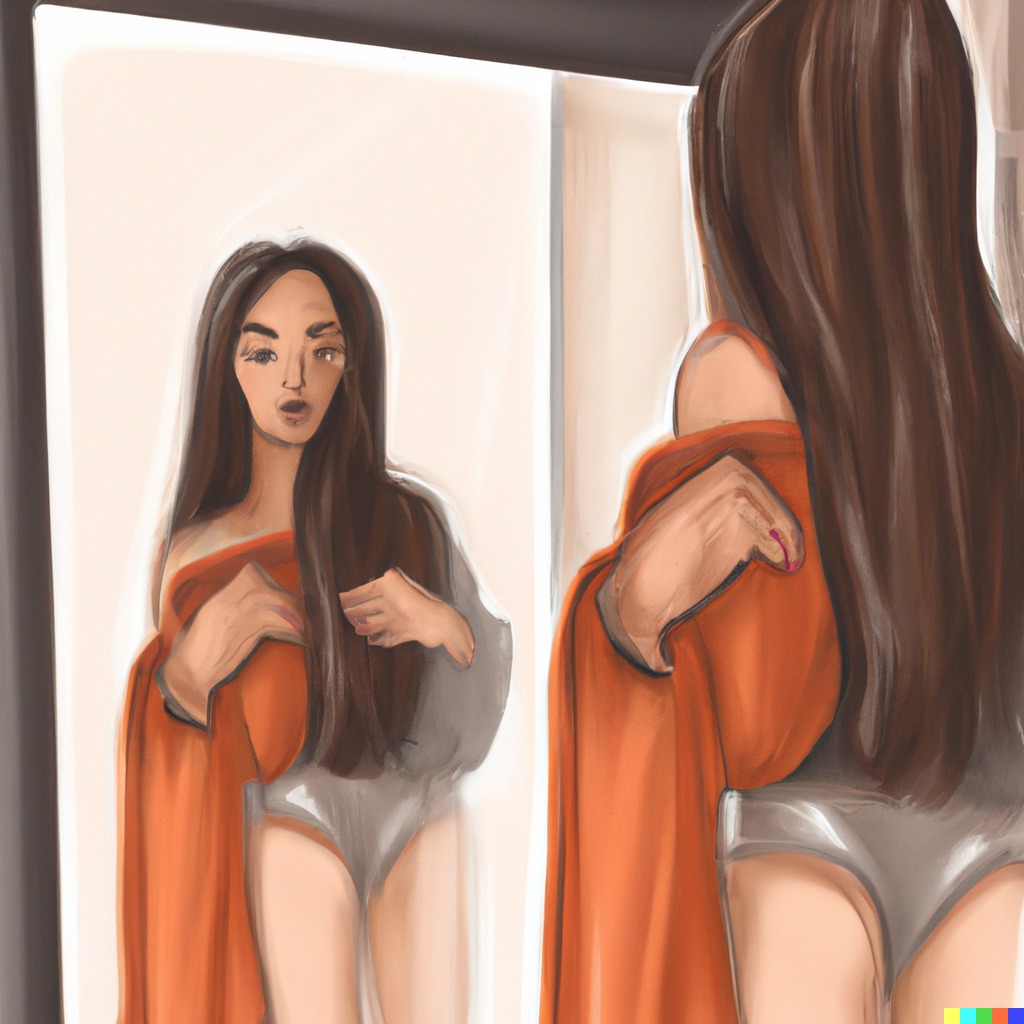
Today, I still bear old scars on my arms and occasionally struggle with sudden flare-ups. I do have my insecurities, but every time I reach my hand out to grab a sweater or pair of nude stockings, I remember how Sharon and I had unknowingly learned to accept ourselves, inspiring each other and others to embrace their differences.
Needless to say, I also remember how one of my biggest struggles had resulted in one of the most special bonds I’ll hold close to my heart for a lifetime.
Illustrated images AI-generated via Dall-e
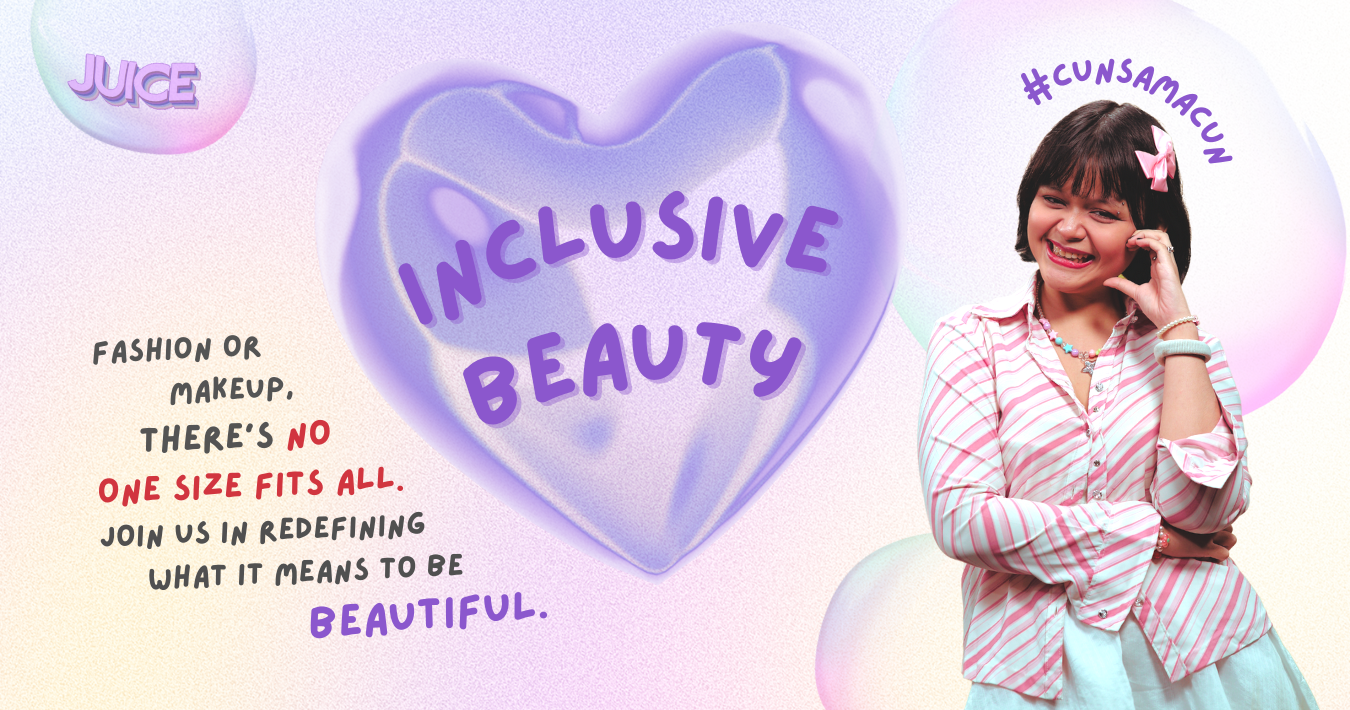


 Get Audio+
Get Audio+ Hot FM
Hot FM Kool 101
Kool 101 Eight FM
Eight FM Fly FM
Fly FM Molek FM
Molek FM
